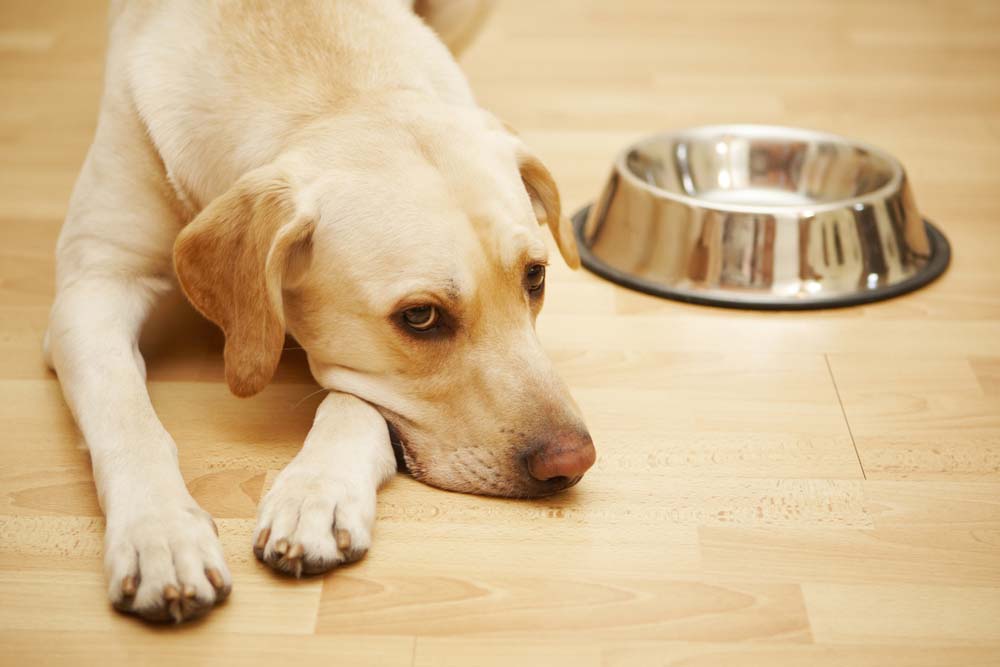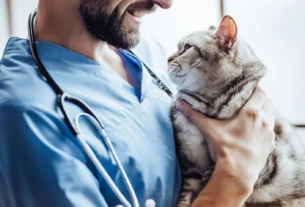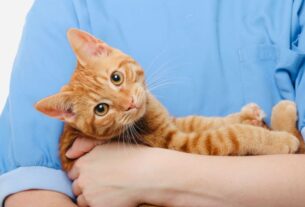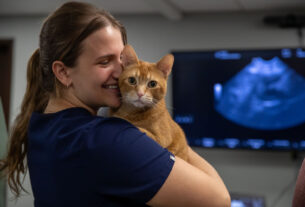A non-eating pet is an owner’s nightmare, especially when refusal of food is continued over a day or more. Loss of appetite can signify any one of several underlying problems, some serious and requiring immediate attention from a veterinarian. Of course, the occasional reasons a cat mightn’t be eating-just a new environment or some minor stomach upset-is less serious than what a protracted refusal might indicate. That could be more serious conditions such as blockages, infections, dental disorders, and even chronic disease.
Observing your pet not eating
If your pet has stopped eating, observing other behaviors can help determine just how serious the situation may be. For example, lethargy, vomiting, diarrhea, or signs of pain are all red flags indicating immediate veterinary attention. In cats, in particular, not eating is a big problem: They are metabolically sensitive, and lack of eating predisposes them to a condition known as hepatic lipidosis, or “fatty liver disease,” which may be life-threatening. This is a condition that develops rapidly when the body, out of lack of food, breaks down fat stores. When this happens, the liver is overloaded and its function is impaired.
In dogs, a sudden loss of appetite can be a concern if this symptom is accompanied by bloating, labored breathing, or signs of pain. Possible causes could be gastrointestinal blockages from ingesting foreign objects, kidney or liver disease, infection, or even cancers. In older pets, appetite loss might sometimes indicate degenerative conditions such as kidney disease or diabetes that would need immediate management and treatment.
Attending emergency veterinary
But if your pet has stopped eating for 24 hours and shows other disturbing symptoms, it is better to attend to an emergency vet. The veterinarian may be able to make a variety of diagnoses after having bloodwork, X-rays, or ultrasounds done that could very well pinpoint the source of his problem. Depending on what the diagnosis was, treatments may range from medication to intravenous fluids to even surgery. An immediate visit to the emergency vet eliminates the chances of malnutrition and dehydration and will give your pet the best opportunity for a quick recovery.





